Professionals advise that a CV stands as your own personal ‘brochure’ when introducing yourself to a prospective employer.
Undeniably, the past few years have brought about many changes to the workforce, from a global pandemic and subsequent lockdowns to worker shortages. Companies and professionals alike have had to adapt the way they work. As we enter a new year with high inflation rates and economic uncertainty, those seeking jobs will also need to create their CVs to compete in today's marketplace. A CV should be concise, accurate, truthful, tailored to the position you are applying for and, importantly free of spelling and grammatical errors.
Keep it simple and uncluttered. Use headings and bullet points to assist the reader. Creative professionals (such as graphic designers) may get more creative with their CVs where granted. Individuals at this stage will consult with different sources trying to find available job opportunities.
At the early stages of the your career, a few job search engines may include:

HERE ARE SOME HELPFUL TIPS TO GET YOU STARTED!
1. Choose a resume format carefully
In 99% of cases, the chronological format is recommended.
2. Add the right contact details
Include a professional headshot of yourself and make sure to include your current job title, a professional email address, and relevant links (e.g. your LinkedIn profile, online portfolio, website, etc.)
3. Write an impactful resume summary
Always go for a resume summary (also known as a career summary). This is a summary of your career history and objectives. This gives hiring managers a short overview of your CV without them having to go through the rest of your resume in detail.
4. Pay attention to your work experience section
Take your work experience section from okayish to exceptional by tailoring it to the job a0, making your achievements quantifiable, and using action verbs and power words.
5. Add the right skills for the job
Keep this important section relevant by only including soft and hard skills that are required For the position.
6. Keep your education section short and to the point
Your most recent and highest education level are more than enough for a strong education section. We recommend making a more detailed education section only if you're a recent graduate with barely any work experience.
7. Take advantage of optional resume sections
Optional sections like languages, hobbies, certifications and independent projects can be what sets you apart from other candidates with similar skills and experience.

Landing the Job
Entering the workforce for the first time is a huge transition and can be intimidating. If you are feeling uneasy when you think about your initial steps into the working world, you’re not alone. It may feel uncomfortable for a period of time as you are figuring everything out. This is normal and it will pass
First jobs tend to be at the entry level. The pay may be meagre, and the tasks may not be exciting. This is just part of the process most people experience on the path towards achieving their ultimate goals. Keep a positive attitude and use this time as an opportunity to learn as much as you can.
Your network
Finding a job through your current network, such as your university, and online research is the easiest way to land a job, especially given that this is the first time you are entering the workforce.
Once hired
You are entering the workforce as a learner and not an expert. Employers expect this. If you’re feeling disorientated with a task or workplace dynamics, try to find solutions that are readily available through resources you have access to, such as company documents or search engines. If you are spending too much time researching or feel stuck, ask for help. It is better to ask for support than to make avoidable mistakes, waste time trying to figure things out by yourself, or end up shutting down and not doing anything at all.
The company you work for is literally invested in your success. Your boss and co-workers are there to helo you. They’ve no doubt been through similar experiences at the beginning of their careers. This is not a time for arrogance or pretending that you don’t need any help. Employers will see right past that facade. Approach your first job with modesty and embrace a mindset that is open to learning.
Embracing a learning mindset will help you to build work-related skills, understand company dynamics and learn from the people around you. Everyone, from the janitor to the CEO, offers value and plays an important role in creating a thriving business. To be truly successful, be curious about all aspects of the job and the people you work with.
Lastly, be respectful of people’s time, as well as your own. Time is the one thing we don’t get more of in this life. Show up on time to work and meetings and be accountable for your impact on others.
